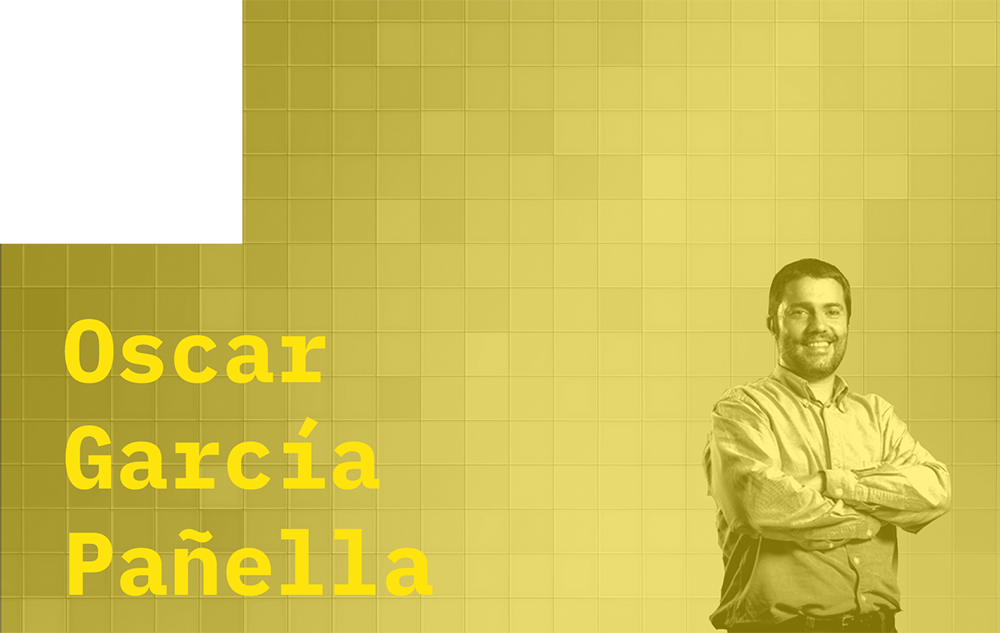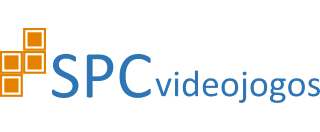Organizing Committee
Conference chairs:
Inês Barbedo (PT) & João Paulo Sousa (PT) & Beatriz Legerén
(ES)
Scientific chairs:
Bárbara Barroso (PT) & Licínio Roque (PT)
Poster chairs:
Jorge Palinhos (PT) & Markus Wiemker (DE) & Belén Mainer
Blanco (ES)
Interactive chairs:
Carlos Casimiro Costa (PT) & Tanja Korhonen (FI) & Jeferson Valadares
(PT / BR)
Workshop chairs:
Rogério Azevedo Gomes (PT) & Rogério Tavares (BR)
Local Organization chair:
António Mourão (PT)
Design & Development:
Carlos Casimiro Costa, Bárbara Barroso
Arlindo Santos, Ferdinando Silva
André Moreira, Andreia Pacheco, Hugo Fortes, Inês Silva, Luís Lopes
Organization Staff:
André Monteiro, António Silva, Diogo Barbosa, Francisco Almeida, Francisco Pinto, Gabriel Batista, Gonçalo Oliveira, Gonçalo Pinto, Mário Costa, Marlon Faria, Paulo Brito,
Rafael Batista
Program Committee
Abel Gomes, University of Beira Interior (PT)
Adérito Fernandes Marcos, Open University, Artech-International (PT)
Alexis Blanchet, Université Sorbonne Nouvelle (FR)
Ana Amélia Carvalho, University of Coimbra (PT)
Ana Lúcia Pinto, Polytechnic Institute of Bragança (PT)
Ana Veloso, University of Aveiro (PT)
André Neves, Federal University of Pernambuco (BR)
António Coelho, University of Porto (PT)
Antonio José Planells, University of Pompeu Fabra (ES)
Antonio Pena, University of Vigo (ES)
Bárbara Barroso, Polytechnic Institute of Bragança (PT)
Beatriz Legerén, University of Vigo (ES)
Belén Mainer Blanco, Francisco de Vitoria University (ES)
Bruno Giesteira, University of Porto (PT)
Bruno Silva, European University (PT)
Carla Ganito, Catholic University (PT)
Carlos Casimiro Costa, Polytechnic Institute of Bragança (PT)
Carlos Martinho, University of Lisbon (PT)
Carlos Santos, University of Aveiro (PT)
Christian Roth, University of Utrecht (NL)
Ciro Martins, ESTG Águeda (PT)
Conceição Costa, Lusófona University (PT)
Cristiano Max, Universidade Feevale (BR)
Daniela Karine Ramos, FederaL University of Santa Catarina (BR)
Diego Perez-Liebana, Queen Mary University of London (GB)
Diogo Gomes, University of Aveiro (PT)
Duarte Duque, Polytechnic Institute of Cávado & Ave (PT)
Emmanoel Ferreira, Fluminense Federal University (BR)
Esteban Clua, Fluminense Federal University (BR)
Euridice Cabañes, Arsgames (MX)
Eva Oliveira, Polytechnic Institute of Cávado & Ave (PT)
Fanny Barnabé, University of Liège (BE)
Filipe Luz, Lusófona University (PT)
Filipe Penicheiro, University of Coimbra (PT)
Fotis Liarokapis, Technical University of Cyprus (CY)
Francisco Javier Gayo Santacecilia, U-Tad (ES)
Frutuoso Silva, University of Beira Interior (PT)
Gabriel Fernandes, Federal Institute of Rio de Janeiro (BR)
Gustavo Reis, Polytechnic Institute of Leiria (PT)
Héctor Quintián, University of A Coruña (ES)
Ido Iurgel, Hochschule Rhein-Waal (DE)
Inês Barbedo, Polytechnic Institute of Bragança (PT)
Jeferson Valadares, Doppio Games (PT / BR)
Jesus Torres, University of La Laguna (ES)
João Dias, University of Lisbon (PT)
João Jacob, University of Porto (PT)
João Paulo Sousa, Polytechnic Institute of Bragança (PT)
João Victor Gomide, FUMEC University (BR)
Jorge Martins Rosa, New University of Lisbon (PT)
Jorge Palinhos, Polytechnic Institute of Bragança (PT)
José Luís Rolle, University of A Coruña (ES)
Juan Albino Mendez Perez, University of La Laguna (ES)
Leonel Morgado, Open University (PT)
Licínio Roque, University of Coimbra (PT)
Liliana Costa, University of Aveiro (PT)
Lynn Alves, Federal University of Bahia (BR)
Marçal Mora Cantallops, University of Alcalá (ES)
Marcos Antón, Complutense University (ES)
Mário Vairinhos, University of Aveiro (PT)
Markus Wiemker, media Akademie - Hochschule Stuttgart (mAHS), University of Applied Sciences (DE)
Marta Nuñez, University Jaume I de Castellón (ES)
Mercedes García Betegon, U-Tad (ES)
Micael Sousa, University of Coimbra (PT)
Michel Santorum, Tequila Works (ES)
Miguel Carvalhais, University of Porto (PT)
Nelson Zagalo, University of Aveiro (PT)
Óscar Mealha, University of Aveiro (PT)
Patrícia Gouveia, University of Lisbon, Faculty of Fine Arts, ITI/LARSyS (PT)
Paulo Leitão, Polytechnic Institute of Bragança (PT)
Pedro A. Santos, University of Lisbon (PT)
Pedro Amado, University of Porto (PT)
Pedro Cardoso, INESC TEC, University of Porto (PT)
Rogério Azevedo Gomes, Polytechnic Institute of Bragança (PT)
Rogério Tavares, Federal University of Rio Grande do Norte (BR)
Rui Craveirinha, Player Research UK (GB)
Rui Pedro Lopes, Polytechnic Institute of Bragança (PT)
Rui Prada, University of Lisbon (PT)
Ruth Contreras, UVic- Central University of Catalonia (ES)
Tânia Rocha, University of Trás-os-Montes & Alto Douro (PT)
Tanja Korhonen, Kajaani University of Applied Sciences (FI)
Thiago Falcão, Federal University of Paraíba (BR)
Valter Alves, Polytechnic Institute of Viseu (PT)
Victor Navarro-Remesal, Pontifical University of Comillas (ES)
Wolfgang Mueller, University of Education Weingarten (DE)






















